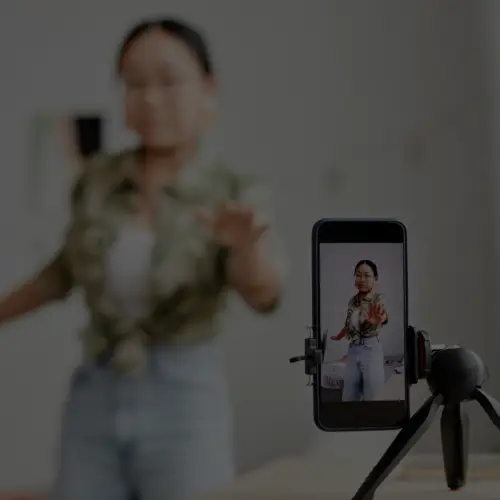12 Mar @BettyDraper's Guide to Social Storytelling [SXSW Speaker]
This morning, I sat in on a panel entitled “@BettyDraper‘s Guide to Social Storytelling.” Helen Klein Ross, Founder of Brand Fiction Factory and the voice behind @BettyDraper, discussed how brands can use storytelling to enhance the fan experience. Start at the bottom and work your way up to follow my notes from my live-blogging.
10:10 am – Ross – hopefully someday “social writer” will be a part of the writers room for TV shows and movies
10:07 am – Recipe for social success
- content (don’t skimp)
- discovery
- continuity
- simplicity
- shareability
10:04 am – social makes stories stick
- when TV first came out, commercials were basically radio ads with a title card
- it took about 2o years for agencies to hit their stride with TV
- The end of the commercial isn’t the end of the story. It’s the beginning for a brand.
9:58 am – Ad agency Mother created the character Jacques d’Azur to help promote Stella Artois
- had his “death” in 2010 and had a reading of his will in which you inherited
9:54 am – It’s not about you, it’s about your audience
- not how many people your story appeals to, but which people your story appeals to
- a little-known soldering company paid 14 bloggers to write about their equipment, the campaign was hugely successful because it targeted the right audience
9:51 am – Old Spice’s commercials extended to Twitter
- one of the more famous videos was when a guy asked the Old Spice guy to help propose to his girlfriend
9:50 am – “Fans won’t connect with brands just because they’re there.”
9:50 am – “Any brand can tell a compelling story.”
9:49 am – Disney created a new character from storytelling
- a special plush bear started selling out at Tokyo Disney
- they created a name and background (ex: Minnie sewed him together)
- soon Duffy was accounting for 40% of the sales in Tokyo
9:46 am – churches are getting into social storytelling
- Trinity Church on Wallstreet tweeted the Passion Play
9:45 am – Next to Normal, a play on Broadway, first show playing both on Broadway and Twitter
- Tweeted the thoughts of the characters while the play was going on (because what’s the point of following if you get the same things from the play and Twitter?)
9:44 am – created minimalist whiteboard posters to encourage people to draw on them, wiped clean every night and new people draw them
9:43 am – DeepFocus does the marketing for Mad Men, created MadMenYourself.com
9:42 am – Mad Men is the first fan-created campaign to be recognized by a marketing awards show
9:39 am – created a “Twepisode” like when Don took his daughter Sally to see the Beatles at Shea Stadium
- this was talked about during an episode of the show but never aired
9:39 am – Live-tweeted the Clio’s
9:38 am – Mad Men on Twitter is experimenting what’s possible in social storytelling
9:38 am – Betty then launched a LinkedIn profile and blog talking about the life of a 60s housewife
9:35 am – Was a fan of the show, started tweeting as Betty Draper. Was watching Mad Men and tweeting about the show when @don_draper (now @DonDraperSCDP) started following her. Was so excited, she stopped watching the show to hop on Twitter and follow back.
- noticed how quickly the rest of characters on the show joined Twitter
9:34 am – How can a brand emulate Santa’s Story?
- convince others to tell the story for you
9:32 am – What is social story telling?
- comparable to the story of Santa (for two months a year, you can’t go anywhere without hearing about it)
- everyone involved in promoting the story collaborates
- story remains remarkably consistent
9:30 am – Helen Klein Ross, Founder of Brand Fiction Factory, begins.







